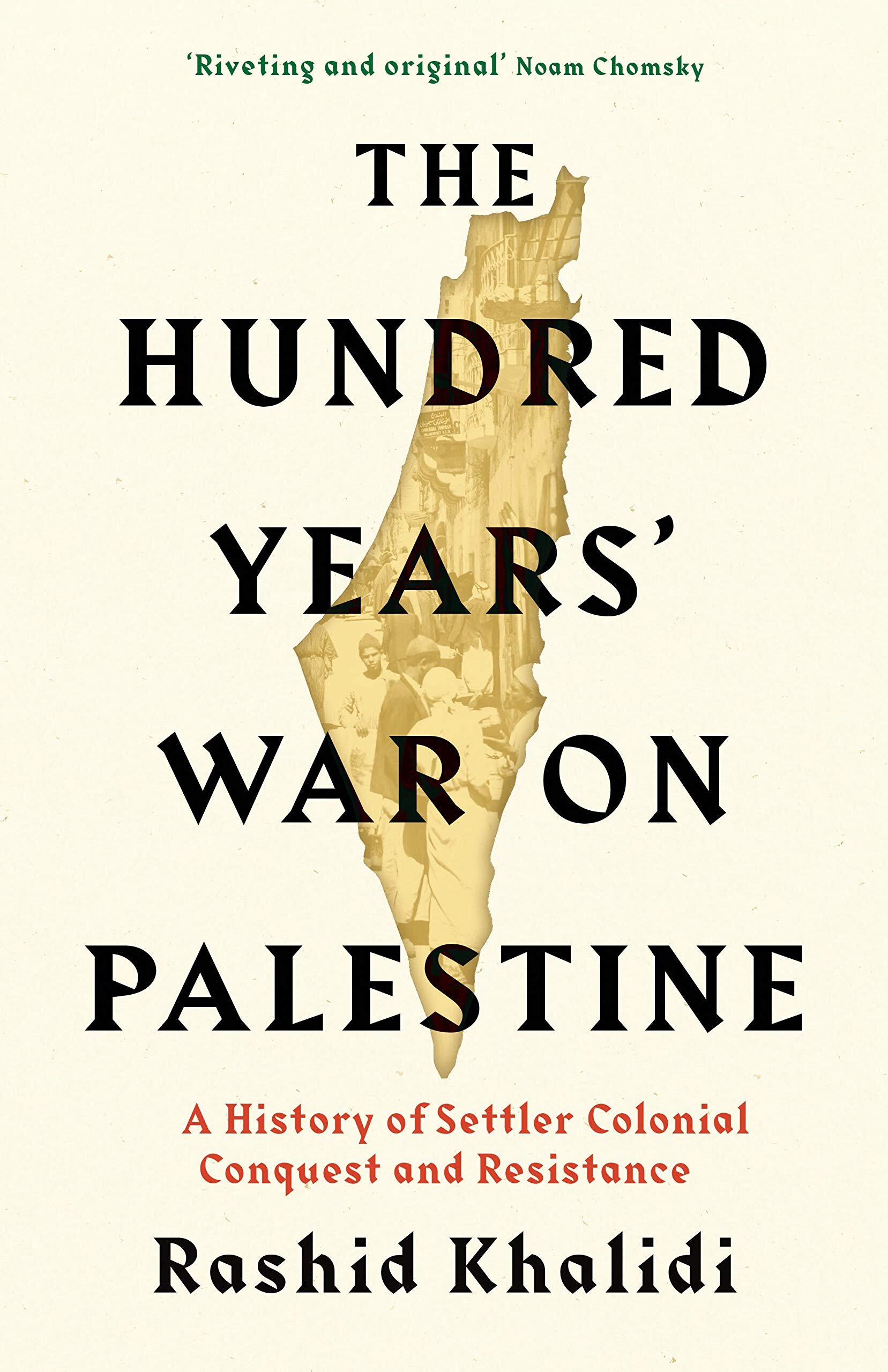Making the radical argument that the nation-state was born of colonialism, this book calls us to rethink political violence and reimagine political community beyond majorities and minorities.
In this genealogy of political modernity, Mahmood Mamdani argues that the nation-state and the colonial state created each other. In case after case around the globe—from the New World to South Africa, Israel to Germany to Sudan—the colonial state and the nation-state have been mutually constructed through the politicization of a religious or ethnic majority at the expense of an equally manufactured minority.
The model emerged in North America, where genocide and internment on reservations created both a permanent native underclass and the physical and ideological spaces in which new immigrant identities crystallized as a settler nation. In Europe, this template would be used by the Nazis to address the Jewish Question, and after the fall of the Third Reich, by the Allies to redraw the boundaries of Eastern Europe’s nation-states, cleansing them of their minorities. After Nuremberg the template was used to preserve the idea of the Jews as a separate nation. By establishing Israel through the minoritization of Palestinian Arabs, Zionist settlers followed the North American example. The result has been another cycle of violence.
Neither Settler nor Native offers a vision for arresting this historical process. Mamdani rejects the “criminal” solution attempted at Nuremberg, which held individual perpetrators responsible without questioning Nazism as a political project and thus the violence of the nation-state itself. Instead, political violence demands political solutions: not criminal justice for perpetrators but a rethinking of the political community for all survivors—victims, perpetrators, bystanders, beneficiaries—based on common residence and the commitment to build a common future without the permanent political identities of settler and native. Mamdani points to the anti-apartheid struggle in South Africa as an unfinished project, seeking a state without a nation.
About the Author:
Mahmood Mamdani is the Herbert Lehman Professor of Government. He received his PhD from Harvard University in 1974 and specializes in the study of African history and politics. His works explore the intersection between politics and culture, a comparative study of colonialism since 1452, the history of civil war and genocide in Africa, the Cold War and the War on Terror, and the history and theory of human rights. Prior to joining the Columbia faculty, Mamdani was a professor at the University of Dar-es-Salaam in Tanzania (1973–1979), Makerere University in Uganda (1980–1993), and the University of Cape Town (1996–1999). He has received numerous awards and recognitions, including being listed as one of the "Top 20 Public Intellectuals" by Foreign Policy (US) and Prospect (UK) magazine in 2008. From 1998 to 2002, he served as President of CODESRIA (Council for the Development of Social Research in Africa). His essays have appeared in the New Left Review and the London Review of books, among other journals.
About the Speakers:
Nadia Abu El-Haj is Professor in the Departments of Anthropology at Barnard College and Columbia University, and Codirector of the Center for Palestine Studies at Columbia. The recipient of numerous awards, including from the Social Science Research Council, the Wenner Gren Foundation, the MacArthur Foundation, the Harvard Academy for Area and International Studies, the Institute for Advanced Study at Princeton, and the Harry Frank Guggenheim Foundation, she is the author of numerous journal articles published on topics ranging from the history of archaeology in Palestine to the question of race and genomics today. Abu El-Haj has published two books: Facts on the Ground: Archaeological Practice and Territorial Self-Fashioning in Israeli Society (2001), which won the Albert Hourani Annual Book Award from the Middle East Studies Association in 2002, and The Genealogical Science: The Search for Jewish Origins and the Politics of Epistemology (2012). While Abu El-Haj’s two books to date have focused on historical sciences (archaeology, and genetic history), her third book, tentatively titled Soldier Trauma, The Obligations of Citizenship, and the Forever Wars (Verso, forthcoming) examines the field of (military) psychiatry, and explores the complex ethical and political implications of shifting psychiatric and public understandings of the trauma of American soldiers.
Mamadou Diouf is the Leitner Family Professor of African Studies and the Director ofrox Columbia University’s Institute for African Studies. He holds a Ph.D. from the University of Paris-Sorbonne. Before joining the faculty at Columbia University, he was the Charles D. Moody Jr. Collegiate Professor of History and African American Studies at the University of Michigan, from 2000 to 2007. Before that, he was Head of the Research, Information, and Documentation Department of the Council for the Development of Social Science Research in Africa (CODESRIA) and faculty member of the History Department of Cheikh Anta Diop University in Dakar, Senegal. His research interests include urban, political, social and intellectual history in colonial and postcolonial Africa. His publications include: Tolerance, Democracy, and Sufis in Senegal [ed. 2013], New Perspectives on Islam in Senegal: Conversion, Migration, Wealth, and Power (with Mara A. Leichtman) [2009], La Construction de l’Etat au Sénégal (with M. C. Diop & D. Cruise O’Brien) [2002], Histoire du Sénégal: Le Modèle Islamo-Wolof et ses Périphéries [2001], and more.
Roxanne Dunbar-Ortiz is a historian, author, memoirist, and speaker who researches Western Hemisphere history and international human rights. Dunbar-Ortiz grew up in rural Oklahoma, the daughter of a tenant farmer and part-Indian mother. She has been active in the international indigenous movement for more than four decades, and she is known for her lifelong commitment to national and international social justice issues. After receiving her Ph.D. in history at the University of California at Los Angeles, she taught in the newly established Native American Studies Program at California State University, Hayward, and helped found the Departments of Ethnic Studies and Women’s Studies.
Moderated by:
David Scott is the Ruth and William Lubic Professor of Anthropology in the Institute for Research in African American Studies, Columbia University, New York. He is the author of a number of scholarly articles and three books, Formations of Ritual: Colonial and Anthropological Discourses on the Sinhala Yaktovil (Minneapolis: University of Minnesota Press, 1994), Refashioning Futures: Criticism after Postcoloniality (Princeton: Princeton University Press, 1999), Conscripts of Modernity: The Tragedy of Colonial Enlightenment (Durham: Duke University Press, 2004), and is coeditor with Charles Hirschkind of Powers of the Secular Modern: Talal Asad and his Interlocutors (Stanford: Stanford University Press, 2006). He is also the editor of the journal Small Axe.
This event is sponsored by ISERP, the Society of Fellows and Heyman Center for the Humanities, the Dean of the Division of Social Science, and the Anthropology Department.






